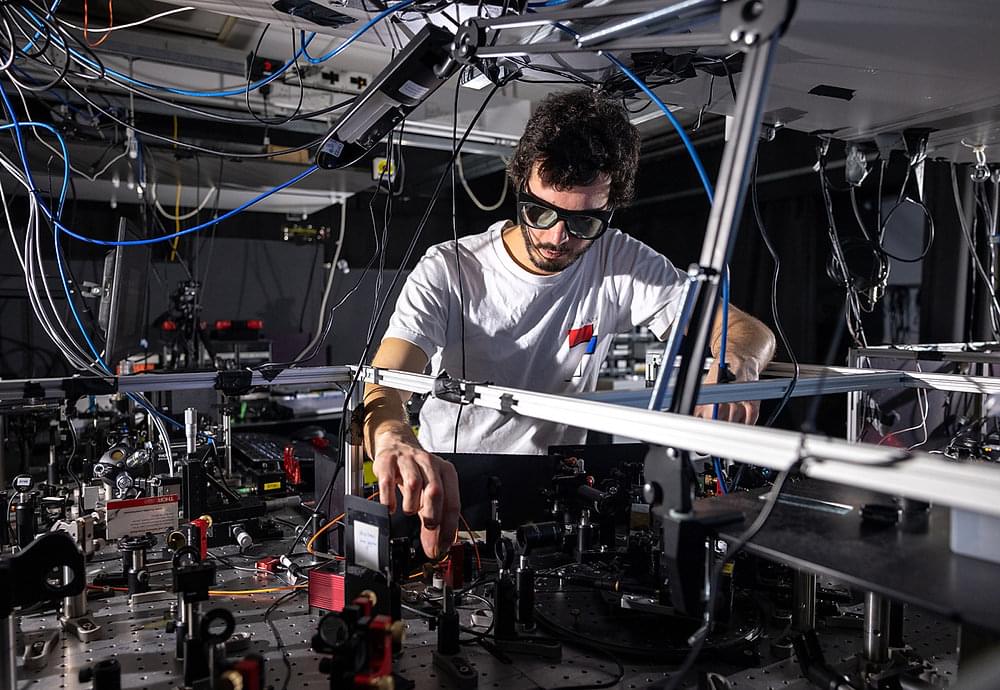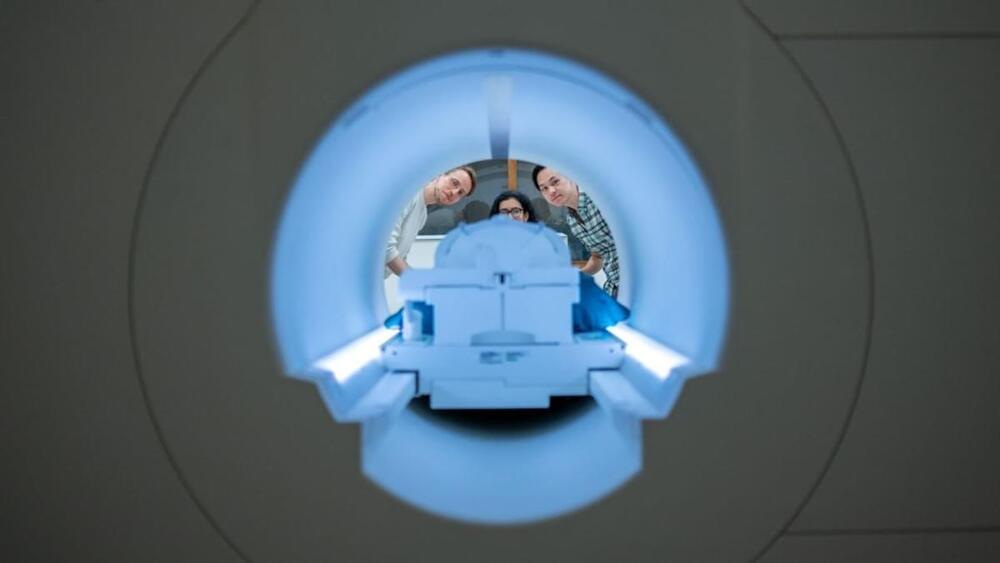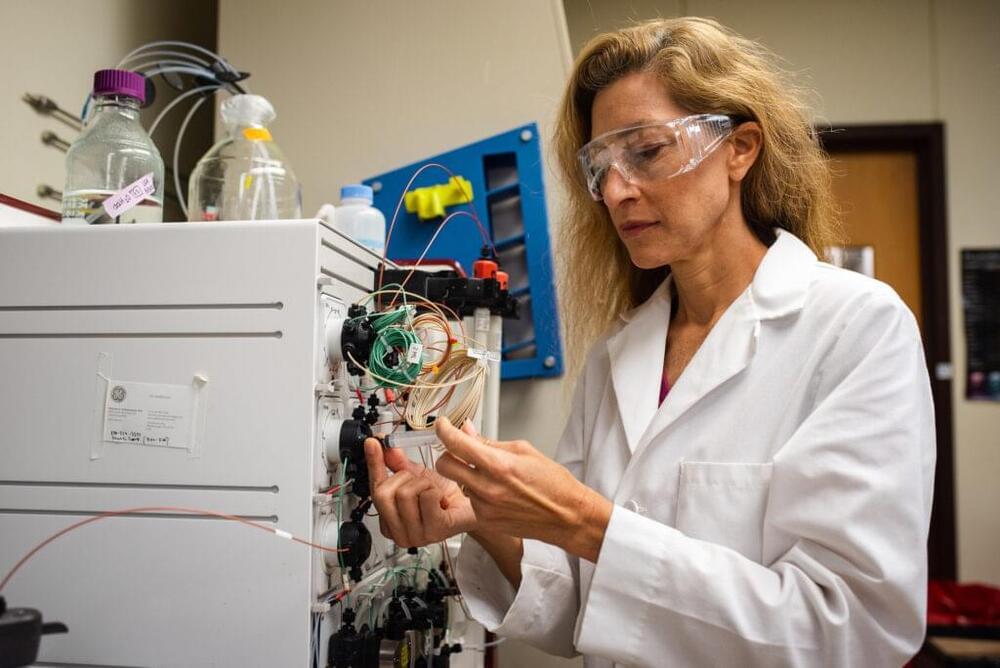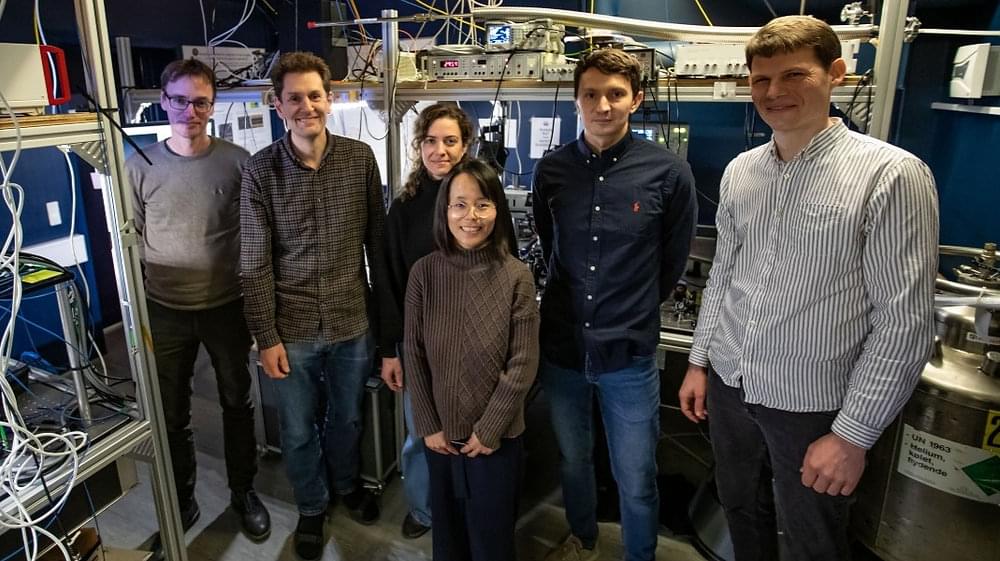
Ensuring proper funding level and visibility was another challenge. To provide the necessary resources, we included executive sponsors on the boards of satellite organizations, which offered better visibility and support for innovation projects. Finally, we faced the challenge of process alignment to maintain agility while ensuring safety. As a result, we defined the minimum required processes to guarantee safety as a top priority during developments, allowing satellite organizations to remain agile without compromising safety standards.
By addressing these and other challenges, we were able to determine the appropriate balance between autonomy and oversight for our organization. Our successful model involves a mix of internal and external talent, strong alignment between corporate and satellite strategies, and ongoing investment in innovative projects. We measure success using specific metrics such as project completion rates, knowledge and employee transfer efficiency, and the value of innovations returned to the parent corporation.
The hybrid innovation model represents a groundbreaking approach for corporations looking to harness the benefits of both the corporate and startup worlds. Corporations can foster an agile and dynamic environment that attracts top talent and facilitates rapid development and testing of new ideas. Although there are challenges to implementing this model, the potential benefits make it an attractive option for corporations seeking to drive innovation and growth in today’s fast-paced business environment.


















